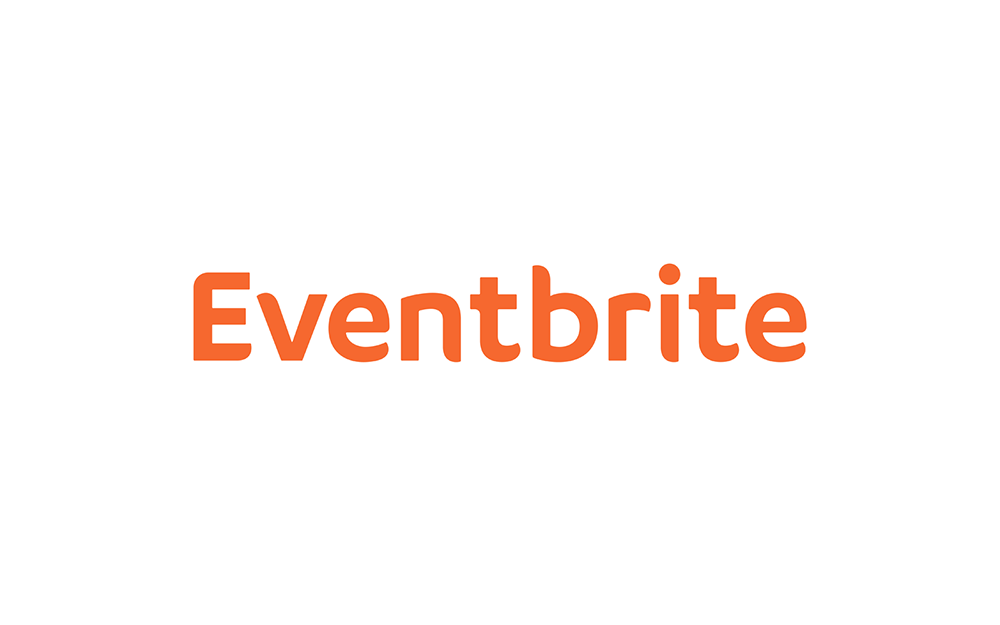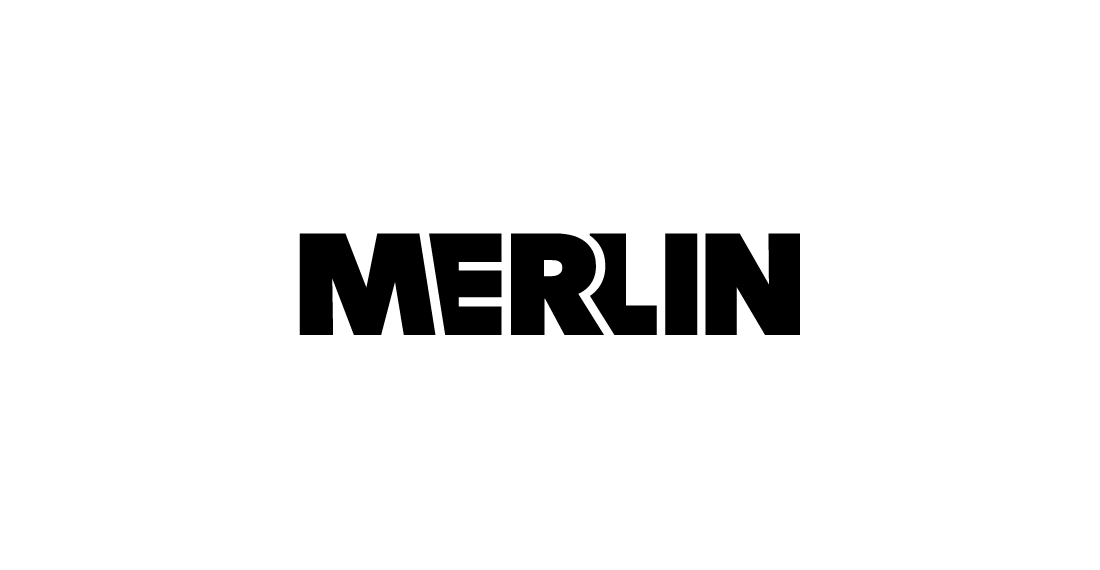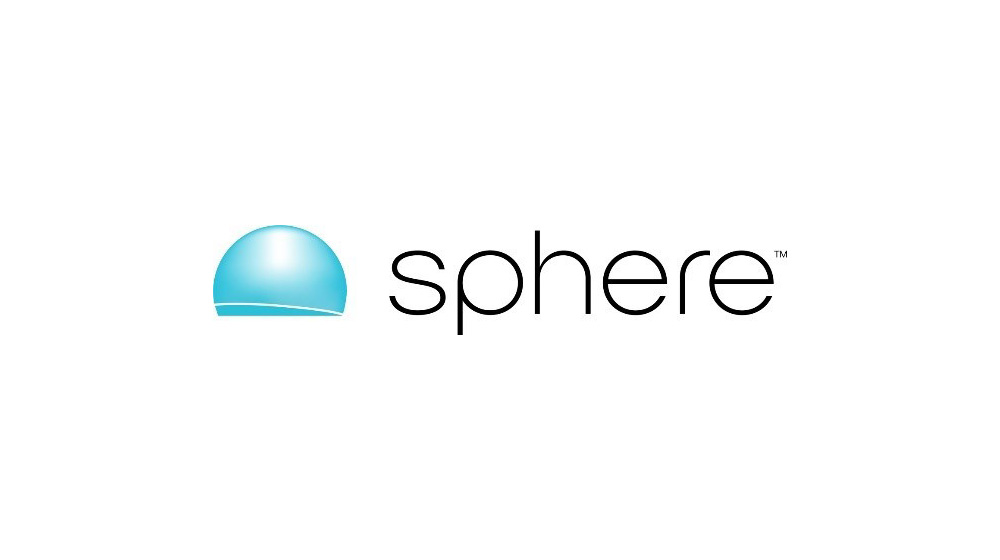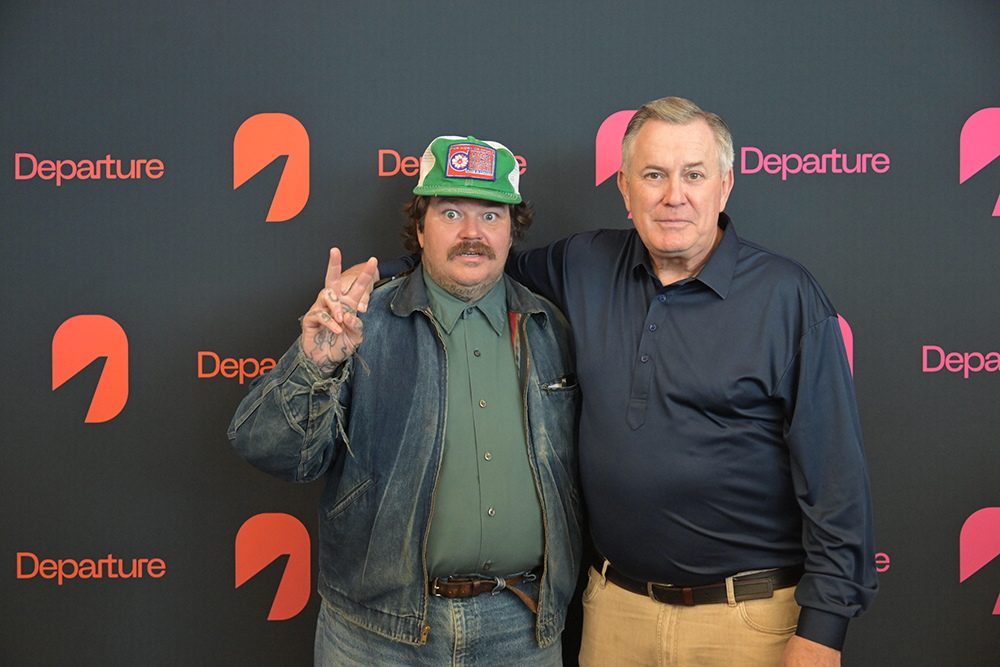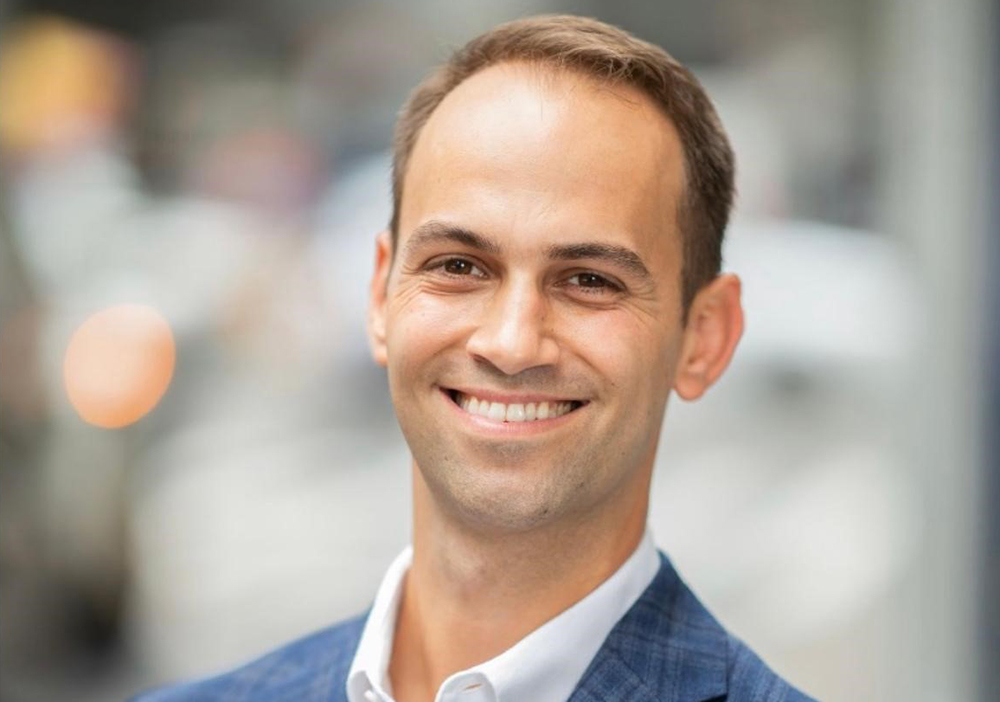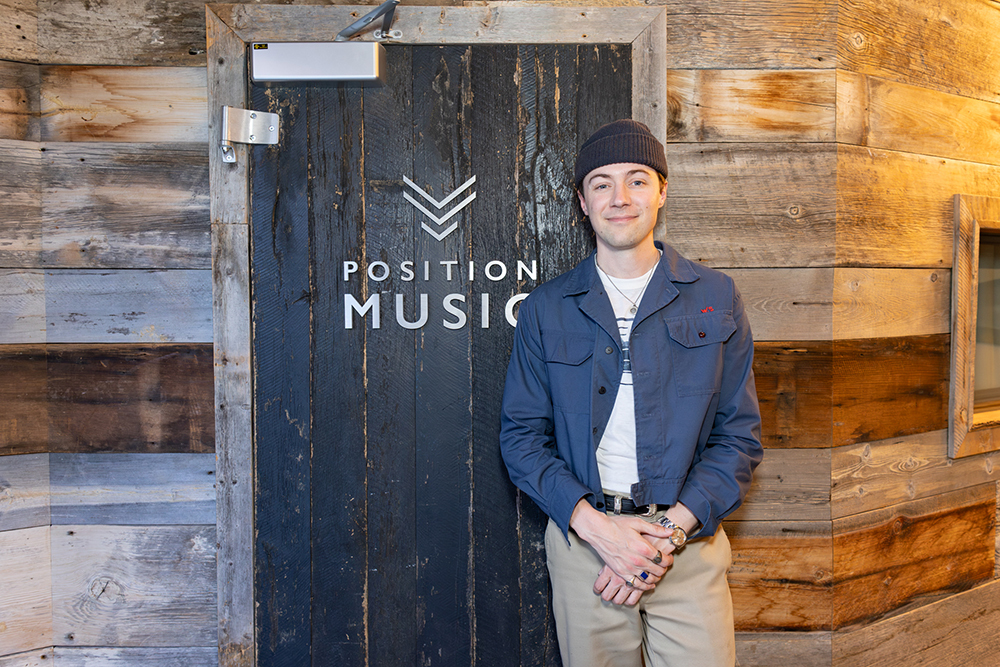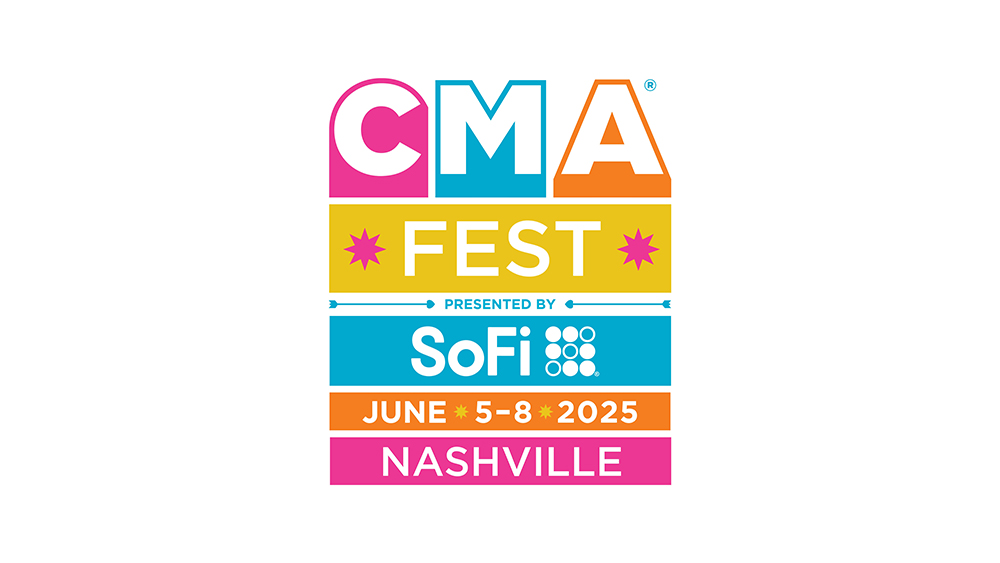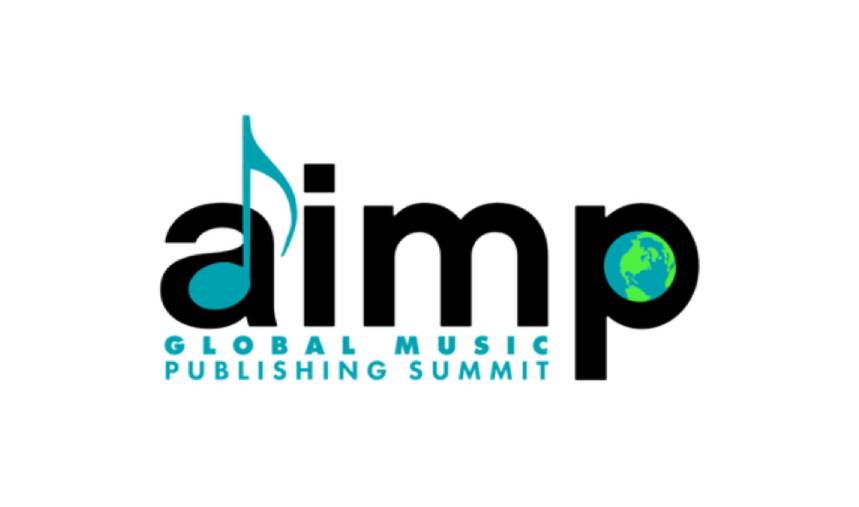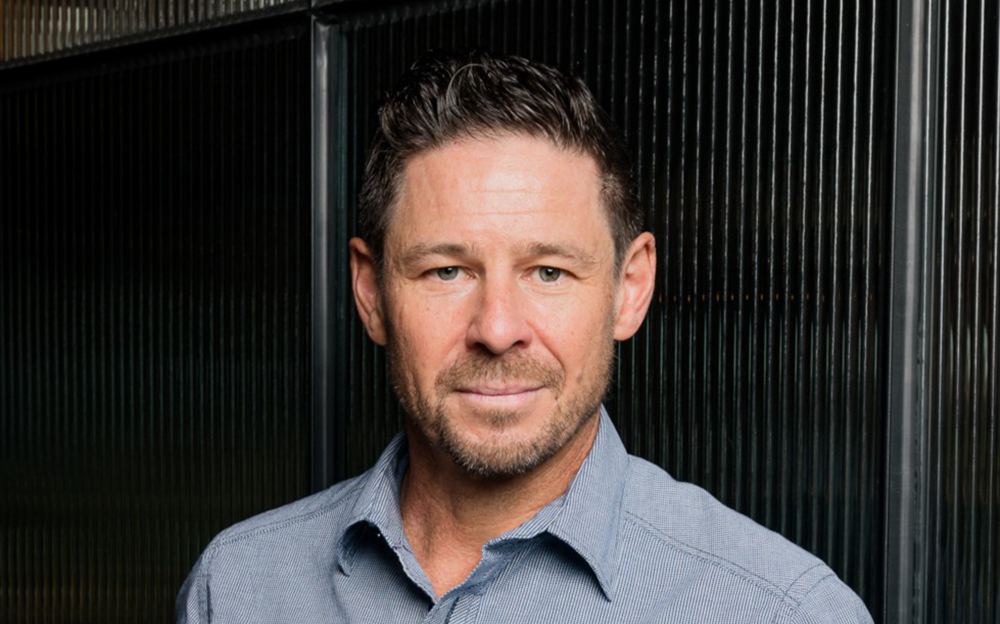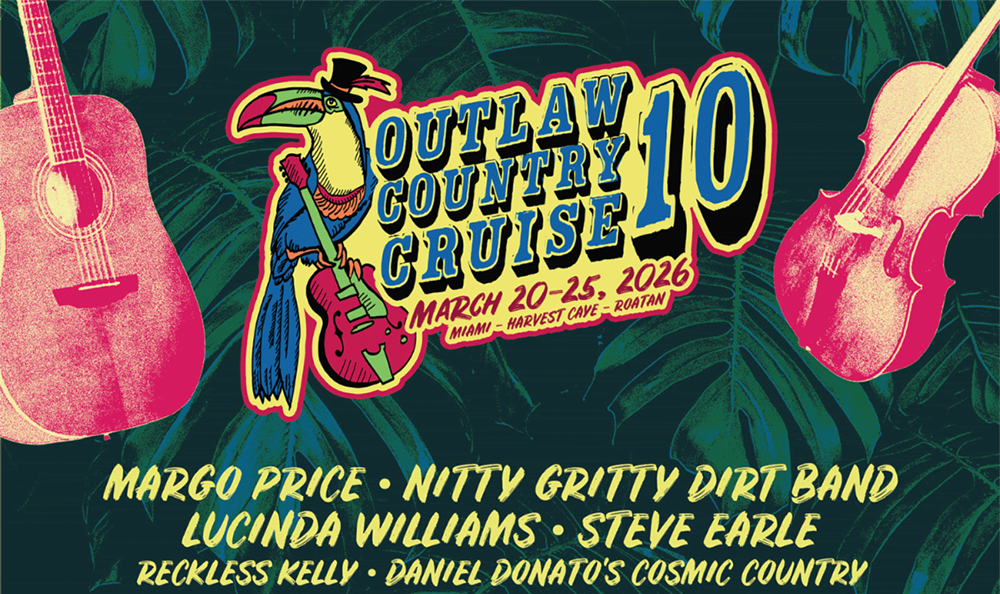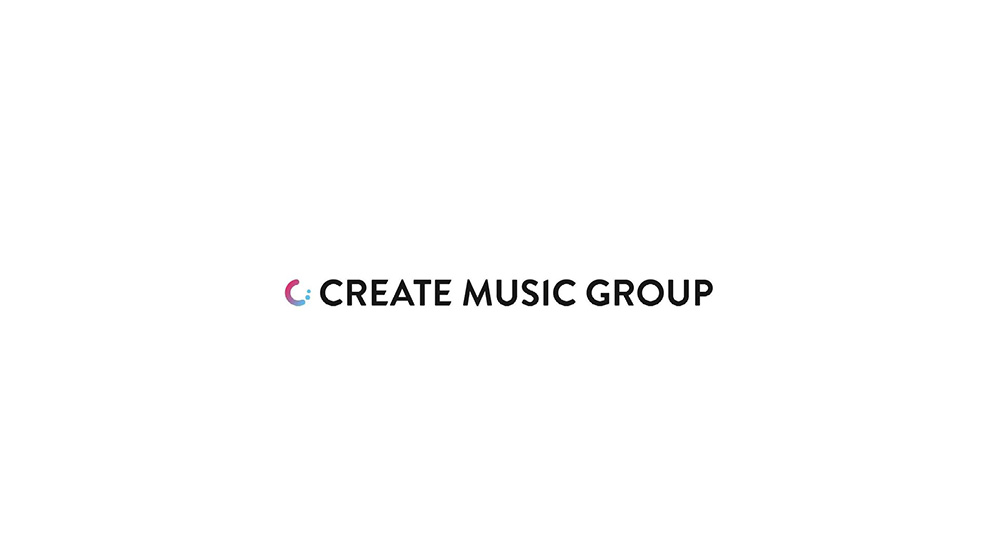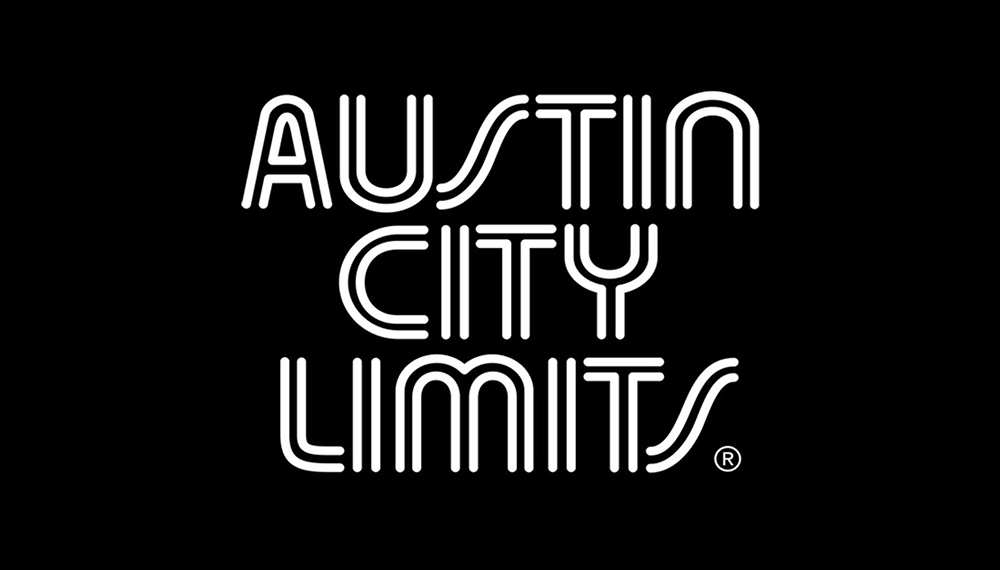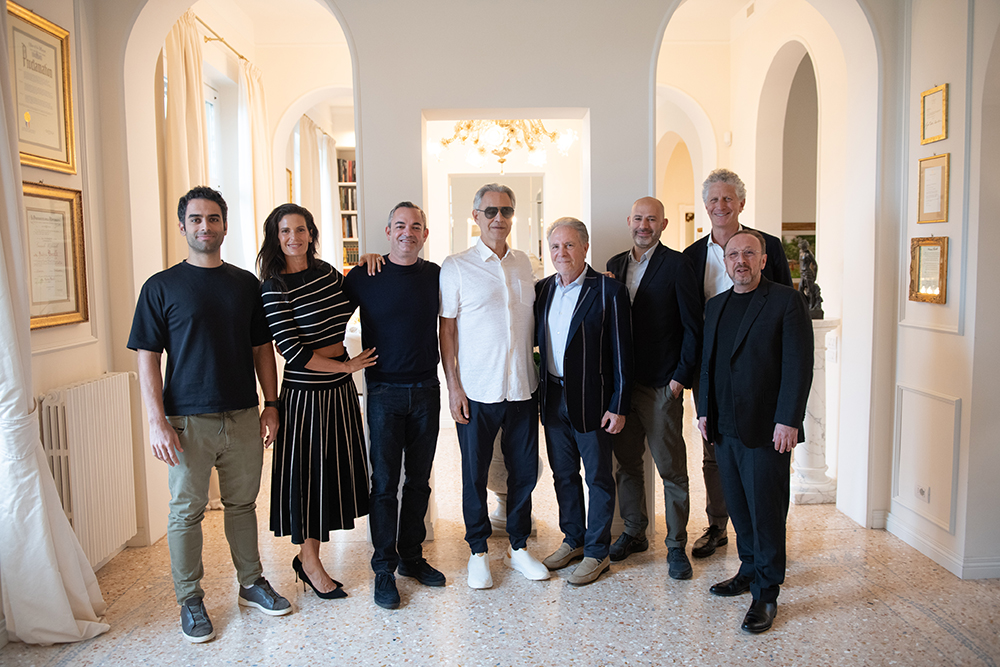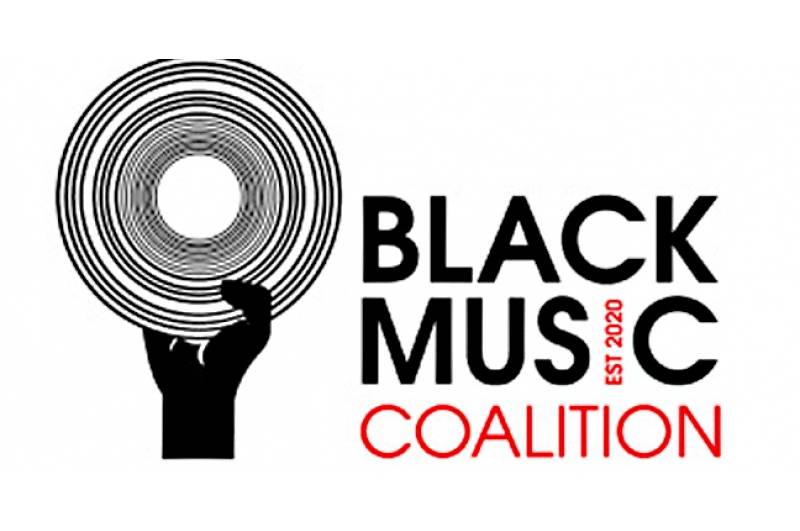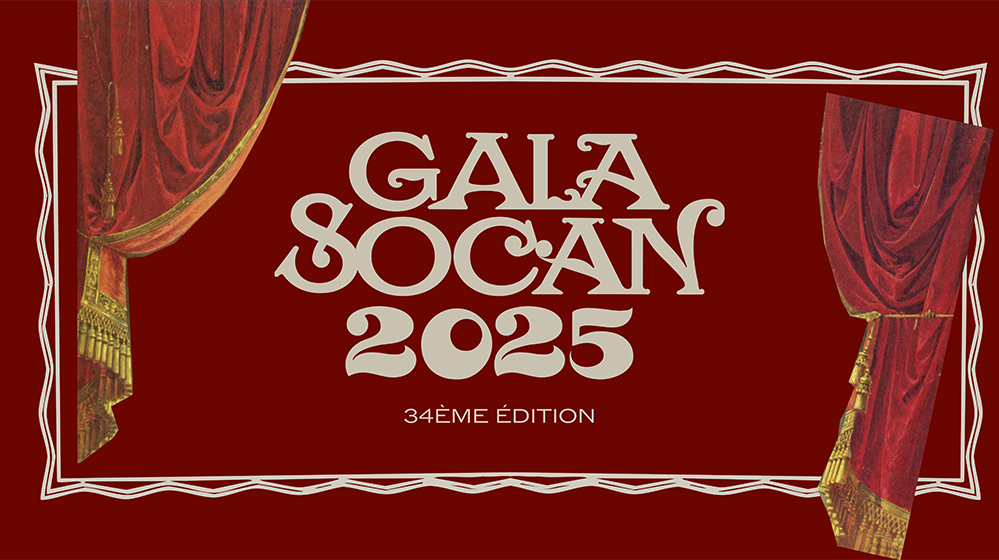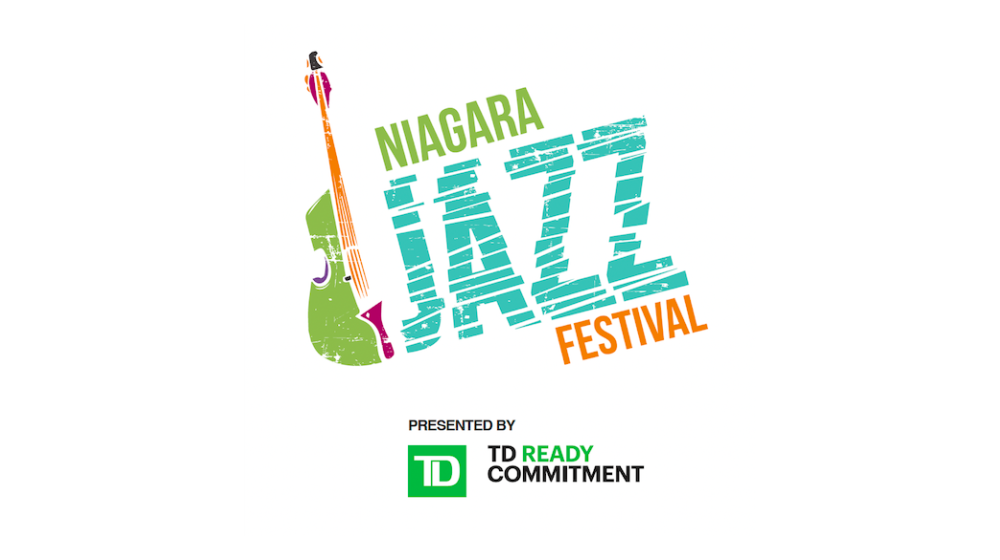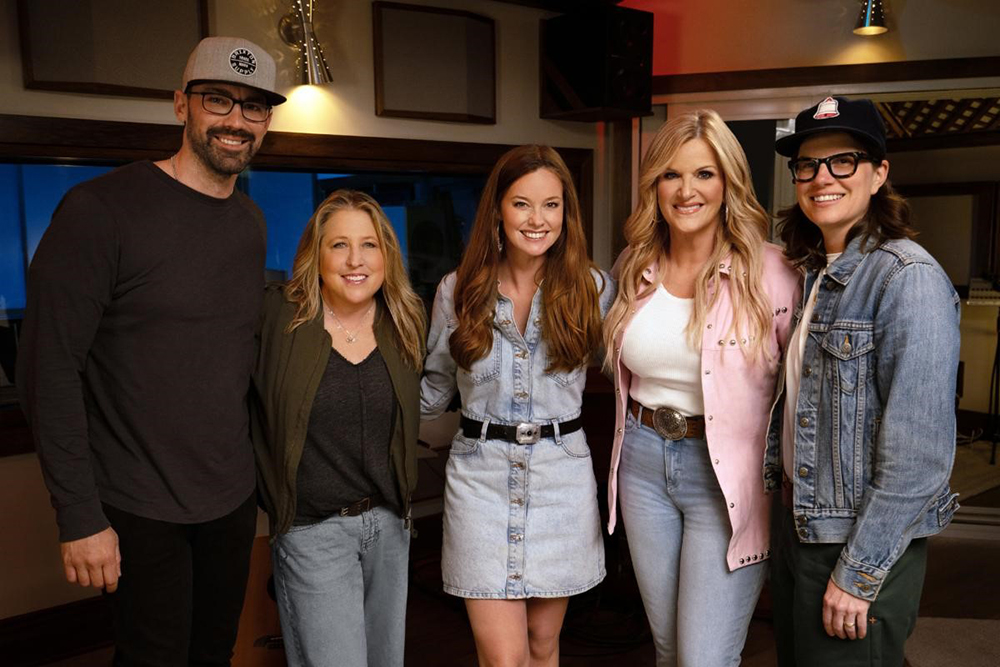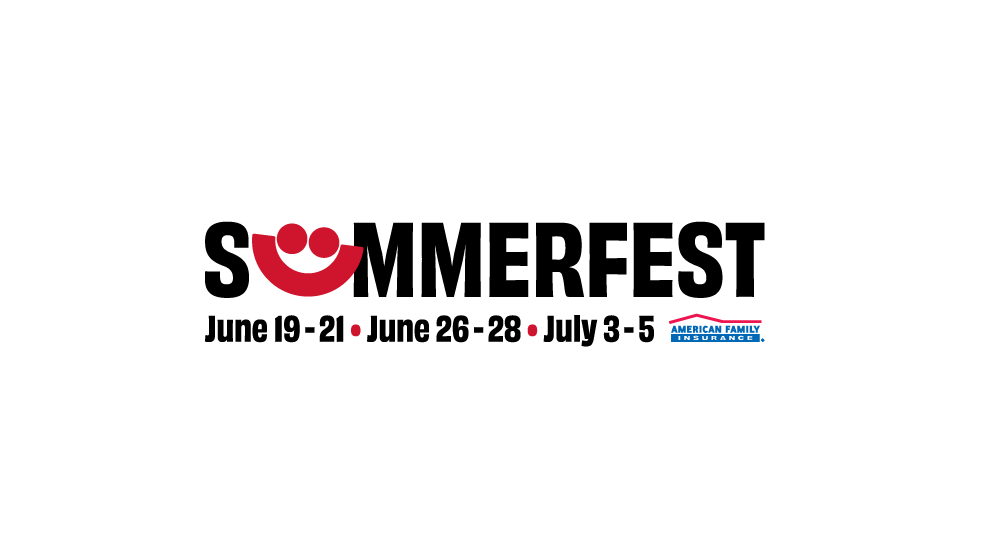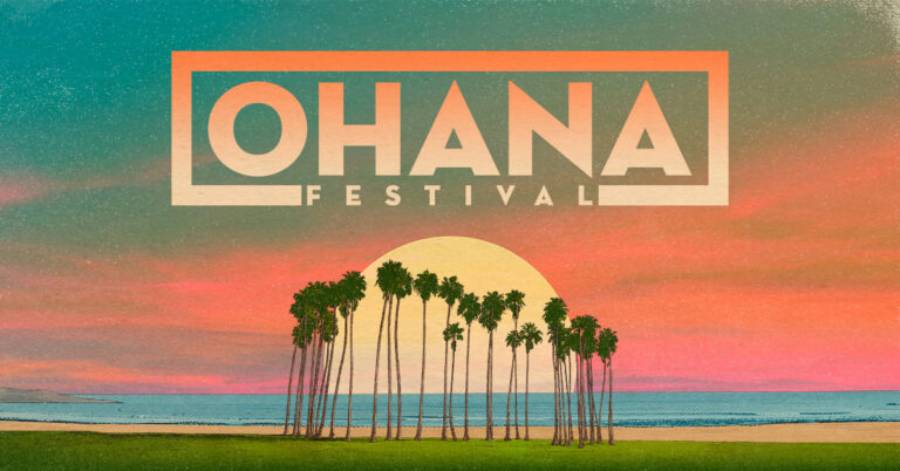
CANNES, France (VIP) — At the annual industry meeting on the French coast this week, much of the talk was dominated by a new service called Qtrax, which plastered all available space with huge posters declaring the CD dead and estimating that over 1.2 billion illegal downloads would be made during the event itself.
Qtrax plans to offer millions of tracks for free with the backing of the music majors, though on Monday it was still in talks for deals with the four big music groups.
It plans to act as a legal online file-sharing site, funded through advertising, and it is one of several services that have been launched after criticism that the music industry has been distracted by the fight against piracy, when it should have been developing alternative services.
CARROT AND STICK
Janus Friis, who once terrified the media industry with file-sharing network KaZaa, told the Midem conference that the industry was beginning to move from the "stick" to the "carrot" approach, citing legal online services Last.fm and Imeem as leading examples.
"You have the carrot and you have the stick, and you kind of need to use both, but the carrot has become much more important," he said. "Last.fm and Imeem are beginning to be great Internet services."
London-based Last.fm has more than 15 million active users and is known for its song-recommendation system among fans. It announced a deal last week to allow users to stream a song free, up to three times, while a link connects a user to a legitimate music store such as Amazon or iTunes.
Social network Imeem is also built around music, is supported by advertising and boasts 20 million users. Steve Jang, Imeem's chief marketing officer, told Reuters the site commanded great loyalty from its users because it was much more than just a retail offering.
As part of the transition, U2 manager Paul McGuinness told the conference that the time had come for new thinking on how the music and technology sectors worked together, saying their "snouts have been at our trough feeding free for too long".
He touted the idea that music could be provided as part of a subscription service for an Internet service provider in the same way that some mobile phone companies have worked, with the revenue being shared.
But it is not just the payment systems that are changing.
When Guy Hands, the new owner of British major EMI, unveiled his plans for the struggling group recently, he said he would look into the role of corporate sponsorship arrangements, where an album or tour could be backed by a sponsor.
Veteran music promoter Harvey Goldsmith told Reuters that the idea of combining musicians with a brand was not new, but warned it had to be handled carefully.
"Some acts like the Arctic Monkeys would think their street cred was under attack," he said. "But the truth is it's an opportunity. You have to remember that a band is also a brand, and if you can link the two and it makes sense, then it's cool.
"But it's just as valid for new, up-and-coming acts as the established ones, because what better credibility can a big brand have than discovering a new band."



















